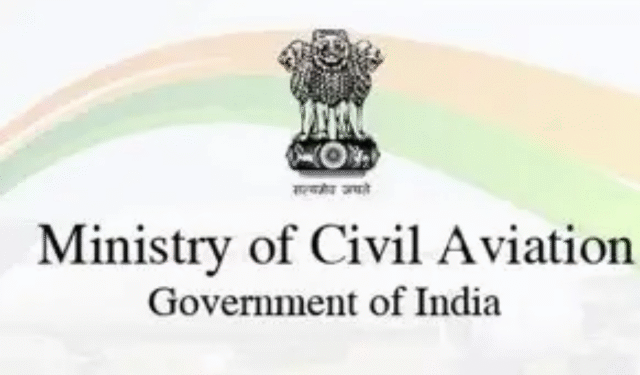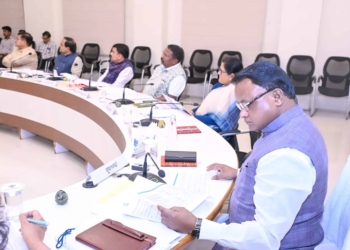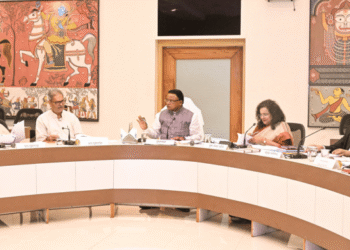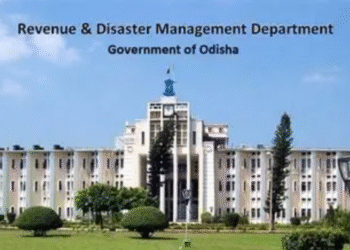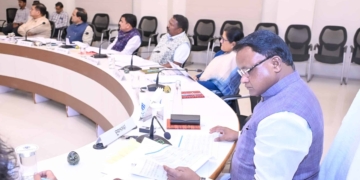The Ministry of Civil Aviation, in collaboration with ICAO and supported by the European Union, released the Sustainable Aviation Fuel (SAF) Feasibility Study for India today.
The report outlines India’s strategy to become a global leader in SAF production and usage.
Union Civil Aviation Minister Ram Mohan Naidu, while addressing the launch event, called SAF a “practical and immediate solution” to decarbonize the aviation sector, with the potential to reduce lifecycle CO₂ emissions by up to 80% compared to conventional fuels.
India aims to achieve 1% SAF blending by 2027, scaling up to 5% by 2030, aligning with the CORSIA mandate. With over 750 million metric tonnes of biomass and 230 million tonnes of surplus agricultural residue, the country is poised to meet domestic demand and emerge as a major exporter.
Key milestones include the certification of Indian Oil’s Panipat Refinery as India’s first SAF producer and the appointment of COTECNA Inspection India Pvt. Ltd. as the nation’s first SAF certification body. The initiative is expected to reduce crude imports, cut emissions by up to 25 million tonnes annually, and boost farmers’ incomes through a robust biomass value chain.
The SAF roadmap was discussed at a two-day workshop at Udaan Bhawan, attended by ICAO, DGCA, EASA, and industry stakeholders, signaling a whole-of-government approach to sustainable aviation

